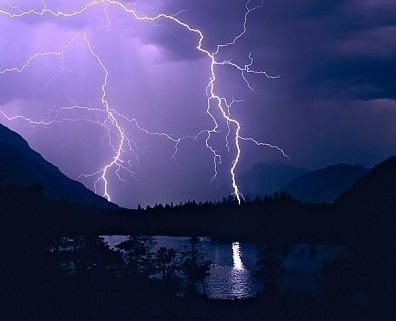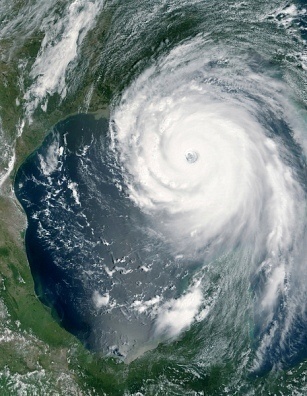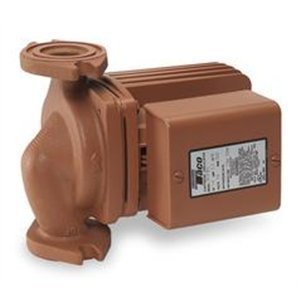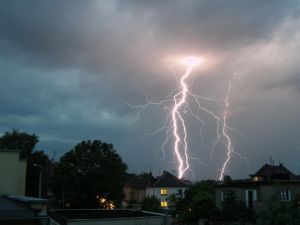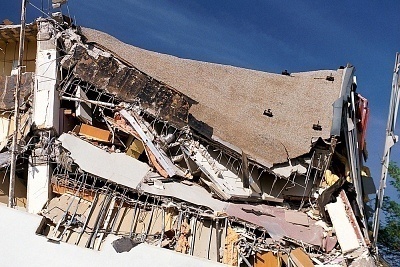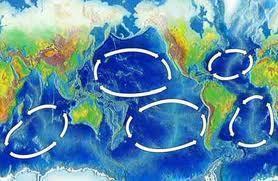What Causes Lightning?
Lightning can be described as a massive discharge of electrical energy that can reach the speed of 130,000 mph and can exceed temperatures of 30,000 degrees Celsius. Although we know a lot about this phenomenon, it is still unclear how and why lightning forms. We will mention some of the theories on how lightning is …

